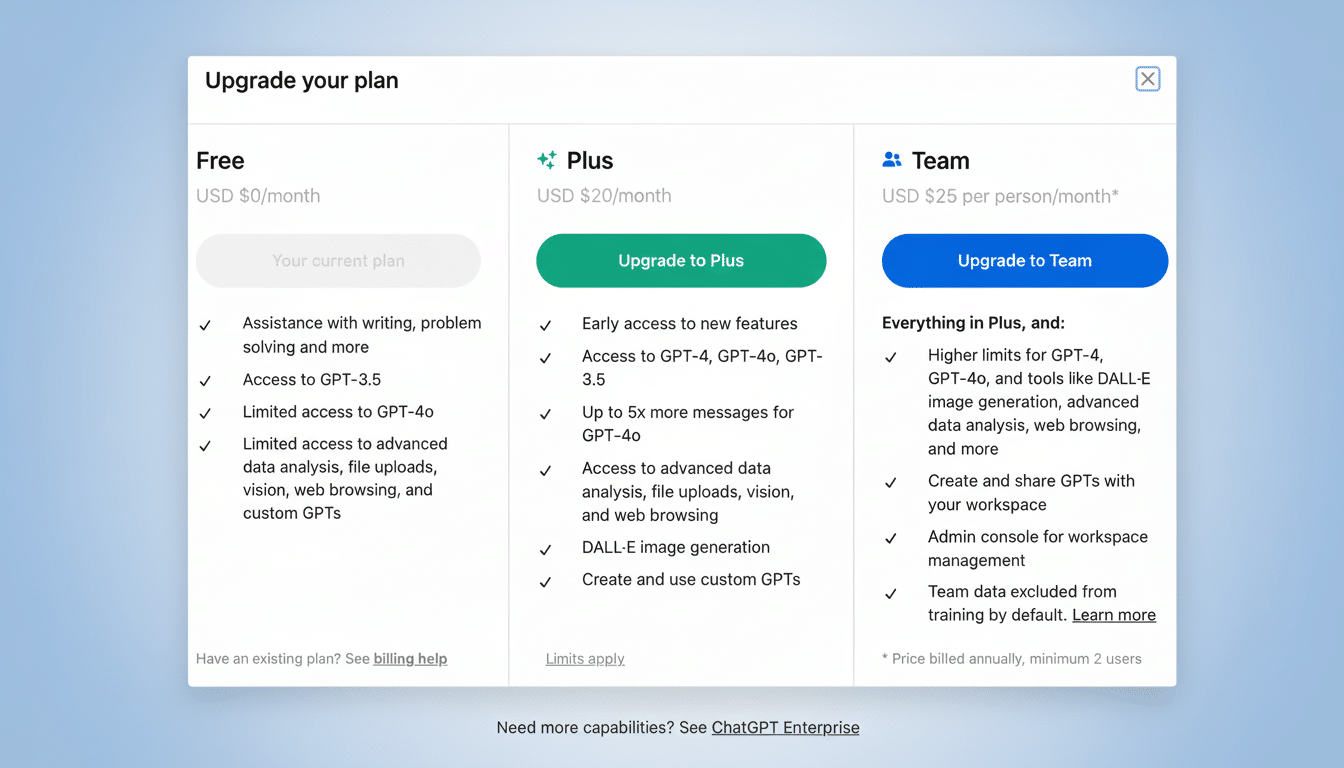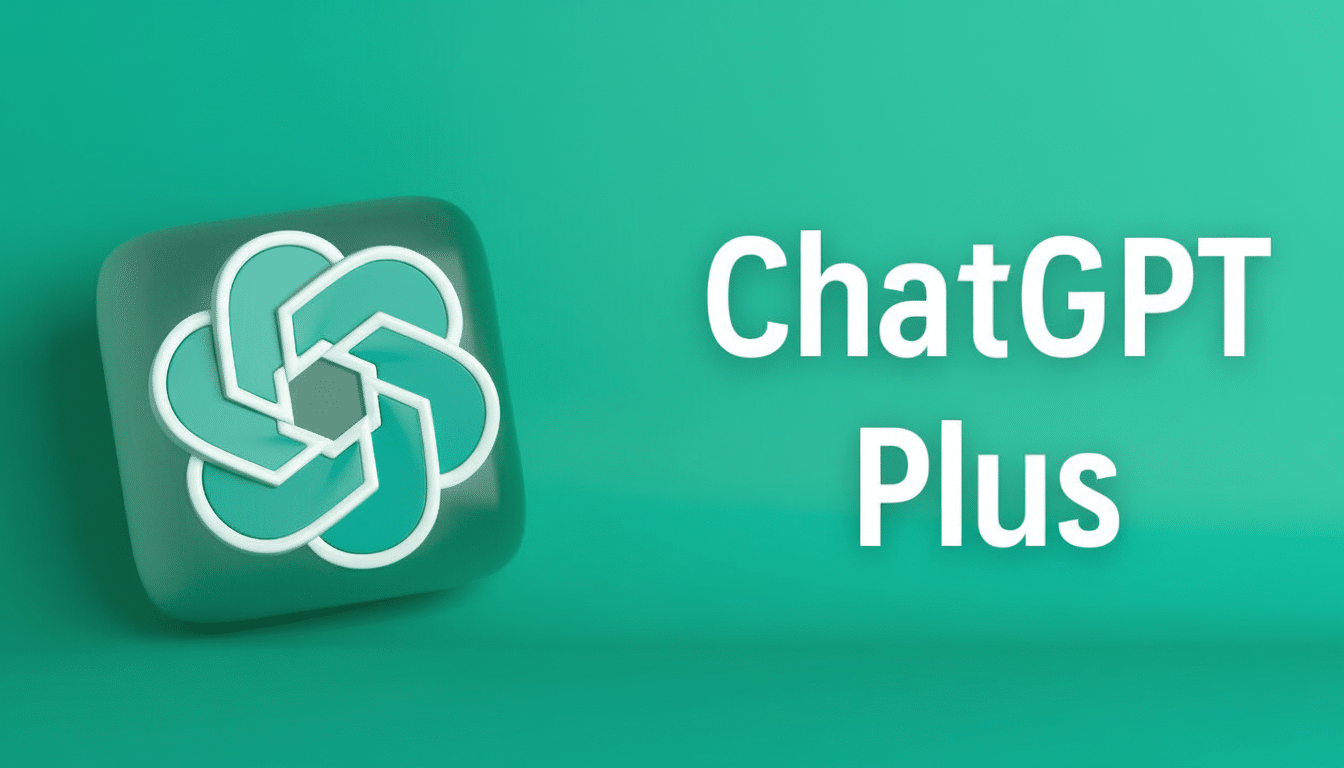By the time the pediatrician was done administering booster shots, I had pizza on my mind. Before clicking “checkout,” I did what I’ve begun to do for almost all online orders: I solicited ChatGPT for an available promo code. Ten minutes later, 25% was taken off my bill — no browser add-ons, no trawling the rabbit hole of coupon sites.
The quick trick that worked
I’ve dabbled in using the free version of ChatGPT to surface coupon codes with mixed success. What was new was the specificity and verification. I provided ChatGPT: the specific restaurant, my ordering channel (app vs. website), carryout or delivery, my city, and that I was looking for a currently working code. I also instructed it to scan known deal sources and brand promo pages, and to note any franchise restrictions.

The first batch seemed promising but failed at checkout with the classic “not honored at this location.” So I ran another trial using ChatGPT Plus and all the web-enabled capabilities, alleging that it cross-check “live right now” code listings against recent user reports. That pass yielded a location-tagged offer for the nearest market to me on my card, and it was importantly advertised as valid when placing app carryout orders. I added it to my cart and saw 25% get lopped off the total.
Why AI may be better off hunting for coupons than humans
Coupon aggregation is noisy. Codes either disappear quickly or are franchise-dependent or channel specific. An AI helper is able to stitch together signals across brand promos, loyalty emails and deal forums in seconds, saving you the trial and error of testing code after code. It’s not magic, but it is faster pattern-matching.
The larger trend supports this notion. According to Inmar Intelligence, more than 90% of U.S. shoppers used coupons in the past year and digital redemptions continue to increase as offers migrate their way into apps and targeted emails. The National Restaurant Association notes how app-only deals and loyalty rewards are transforming quick-service ordering habits. In other words, the deals are available; it’s just a matter of finding one that works where you’re ordering, right now.
The prompt text that worked
I kept it simple and stuck to the facts: I told ChatGPT the name of the restaurant, my ZIP, city of residence and whether it was delivery or carryout and also which order platform I used — and that we only wanted codes that were currently valid and accepted by local franchises. I had it scan brand promo pages, recent posts in major deal communities and loyalty offers, and to alert me about exclusions (for example, when stuffed crust or wings could nix a discount on most of the menu). Lastly, I asked for two to three codes max with notes on where they were last spotted.
That structure served three purposes: it anchored the search to my location, constrained noise and required a freshness check. The answer hinted at the issue, my particular store, so we went to a region bound offer that was app carry out. It was that specificity that turned “maybe” into money off.
Pro tips for saving the most
For the code that does not work go to another channel. Many restaurant deals are channel-specific: app vs. web, delivery vs. pickup or first-time customer versus returning user. Ask ChatGPT for the best channel and minimum spend, any menu exclusions.

Lean on loyalty. Restaurants often gate the best deals behind sign-ups or app installs. Ask ChatGPT to list down current loyalty perks and “welcome” offers, and consider whether dealing with the corresponding inbox clutter is worth a one-time discount.
Try bundles, not just codes. If percentage-off doesn’t work, check a lower-cost bundle equivalent (two mediums rather than one large), or regional specials that don’t require another code in the box. ChatGPT can really dig into value menus and limited-time promos you might otherwise not notice.
Layer bank offers when possible. Issuers, like American Express or major banks, card-linked deals sometimes stack with restaurant promos. Let ChatGPT kindly remind you to use offers in your wallet, but never share card details over chat.
Limitation and what to do with it
AI can never guarantee a code is going to be valid at your specific franchise, especially the more you add in that fast changing promos list. Treat AI-generated codes as signs, not guarantees. Paste before you pay, toggle order choices and be willing to attempt a second suggestion.
And, be skeptical of strings or sites that seem too good to be true saying they want personal information to “unlock” a code. We suggest always sticking with trusted sources—key deal communities, official brand channels, leading coupon publishers—and letting ChatGPT verify the offer’s origin.
The bottom line
On a busy night, ChatGPT did what I couldn’t be bothered with: sifting through the noise, testing assumptions and pushing me to the offer that was actually applicable for my store greasy bag of grub.
The upshot was 25 percent off dinner and less stress after a long day. AI transforms coupon scavenging from guesswork into a repeatable, two-minute task given that you have an accurate prompt and swift verification step.

